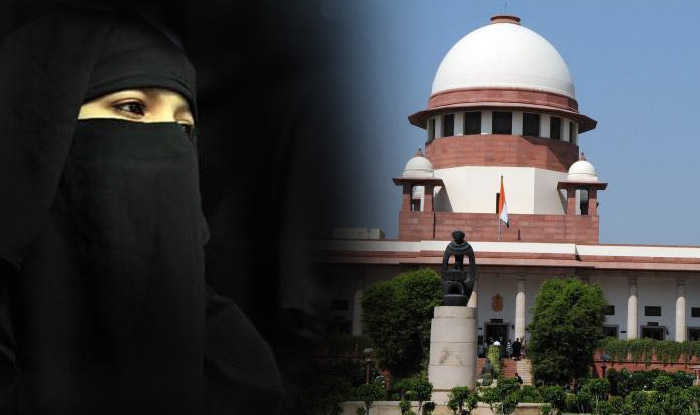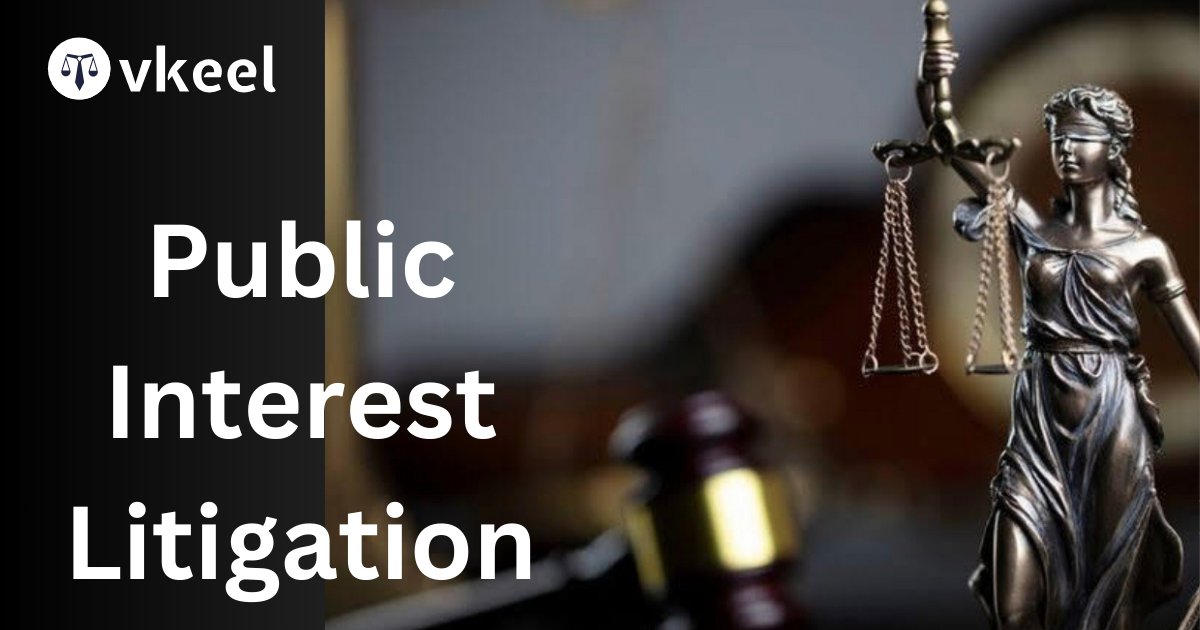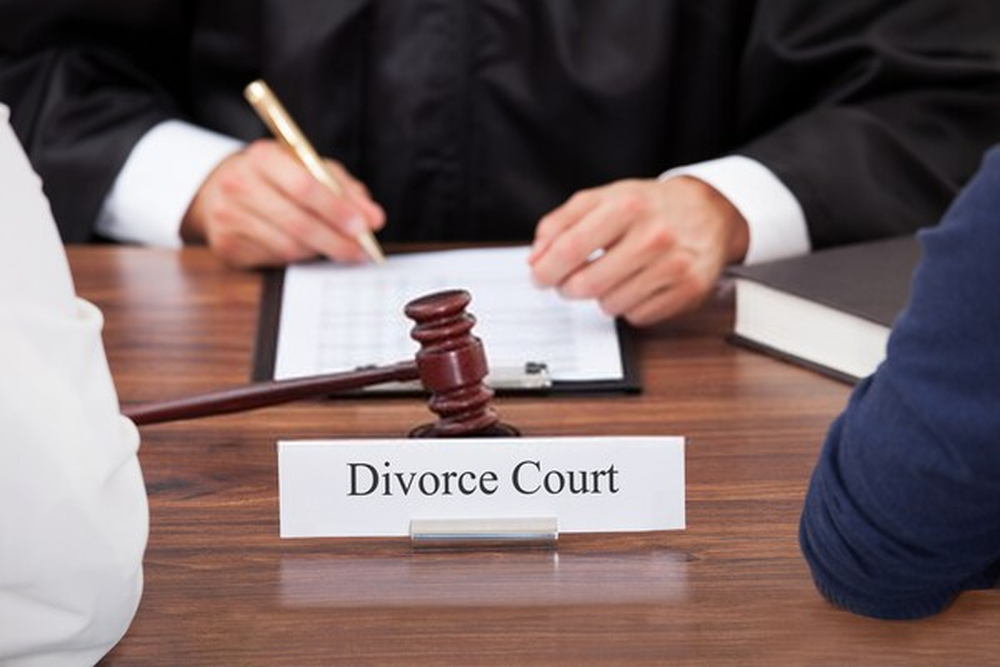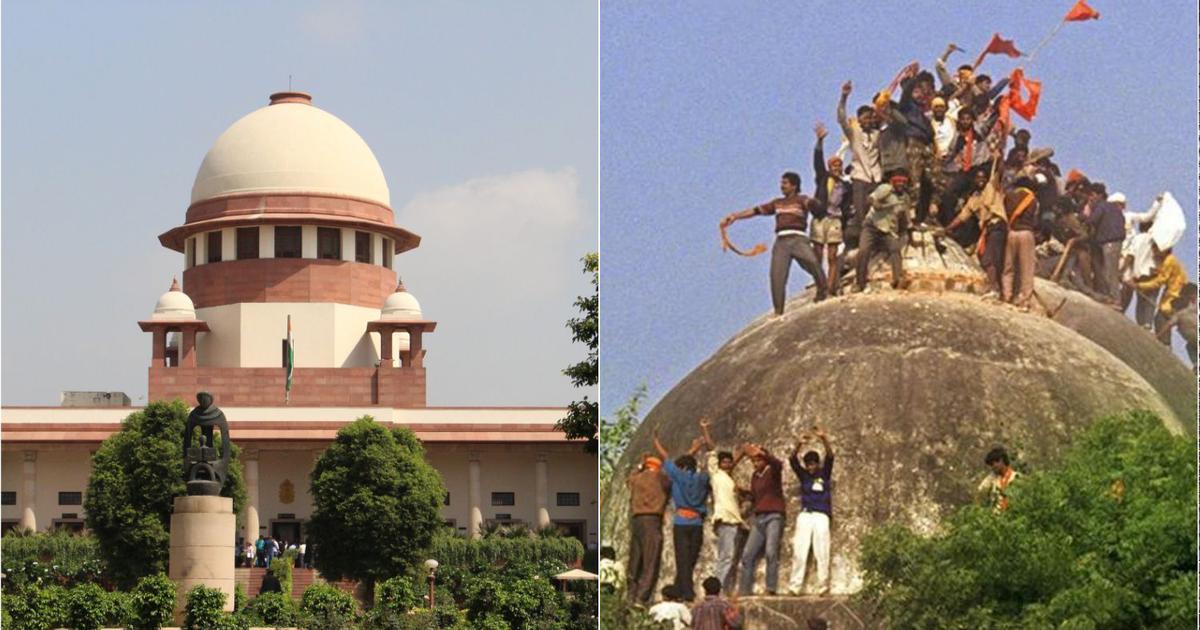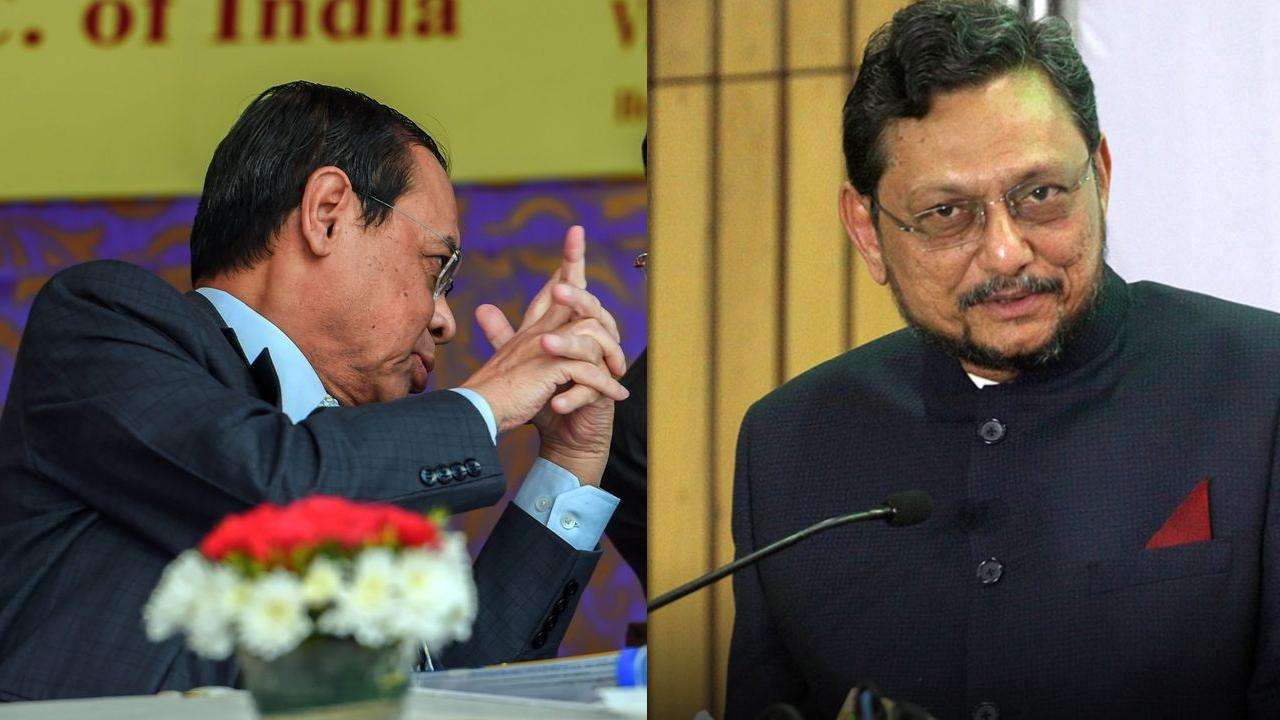SC upholds Triple Talaq practice, asks Union Govt. to bring legislation
By Vkeel Team
One of the most complex social issues in the country, the five-member Supreme Court bench of the Supreme Court on triple talaq declared its decision on Tuesday. The court has put the ball in the back of the central government. The court said that Parliament should make a law on this matter. First Chief Justice JS Khehar read his decision. The court said that Parliament should look at this issue. The court has given 6 months to make the law. During this period, there will be ban on the Triple Talaq. If the government does not make the law, the restriction will continue. This means that the court did not completely cancel the triple talaq nor did it fully recognize it.
At the time of the verdict, Court no.1 was completely full. A lot of lawyers and journalists were present outside the court room. Normally the doors of the court room are closed while the verdict is announced, but today the doors were open. All the petitioners and parties were present in the court when the verdict was announced. Let us state that the constitutional bench of 5 judges, headed by Chief Justice JS Khehar, reserved the decision in this matter after hearing from 11 May 2017 to 18 May 2017. Interestingly, the five judges who are hearing the case represent different communities. Chief Justice Kher is from the Sikh community then Justice Kurian Joseph is a Christian. R. F Nariman is Parsi, then U.U. Dalit Hindus and Abdul Nazir are from the Muslim community.
Amit Chadha, Top Lawyer of Petitioner Shayar Bano, had said that Article 25 is a matter of religious practice. Triple Talaq can not be protected under Article 25. In religious philosophy, triple talaq is said to be bad and sin. How can it be protected under the right to freedom of religion? Senior lawyer Ram Jethmalani, who was present in the court on behalf of one of the triple talaq victims, criticized the practice in the rigid words of this practice. Three times Jethmalani stating that divorce was “disgusting”, it did not give equal rights to divorce to women. Jethmalani had said, “There can be no arguments in favor of this method of breaking the marriage. Finishing one-sided marriage is abhorrent, so it should be done away with. At the same time, the All India Muslim Women’s Personal Law Board argued that triple talaq are not the basic part of Islam. The Board said that there is no mention of triple talaq in the Quran.
What did the central government say:
The attorney general had said on behalf of the Center that the Constitution says that any law which is against fundamental rights is a law that is unconstitutional. The court should look at this matter within the ambit of the Constitution. It violates the original right. Triple Talaq interfere in women’s rights and respect for equal rights. In this case, it would be declared unconstitutional. The government had said that personal law is not a part of religion. Marriage and divorce are not covered under Article 25. At the same time he has no complete right. The Shariat Act was made in 1937. If a law affects gender equality, rights of women and its dignity, then that law will be invalid and in this case, triple talaq is illegal.
What is the opinion given in favor of triple talaq:
All India Muslim Personal Law Board counsel Kapil Sibal had said that Article 25 is a tradition of religious freedom and the Constitution preserves personal law. This belief has come for 1400 years. Whether the government can make laws to regulate personal law. Hindus believe that Ram was born in Ayodhya. This is the subject of faith. Sibal had said, ‘Triple Talaq are sin and unwanted. We also want a change, but the court should not interfere in the personal law. About the condition of not having triple talaq in divorce, the girl can say that the husband will not say triple talaq. The exclusion of Muslims is a contract. There is agreement with consent and the provision of divorce is within its scope.’
Disclaimer:
The information provided in the article is for general informational purposes only, and is not intended to constitute legal advice or to be relied upon as a substitute for legal advice. Furthermore, any information contained in the article is not guaranteed to be current, complete or accurate. If you require legal advice or representation, you should contact an attorney or law firm directly. We are not responsible for any damages resulting from any reliance on the content of this website.

